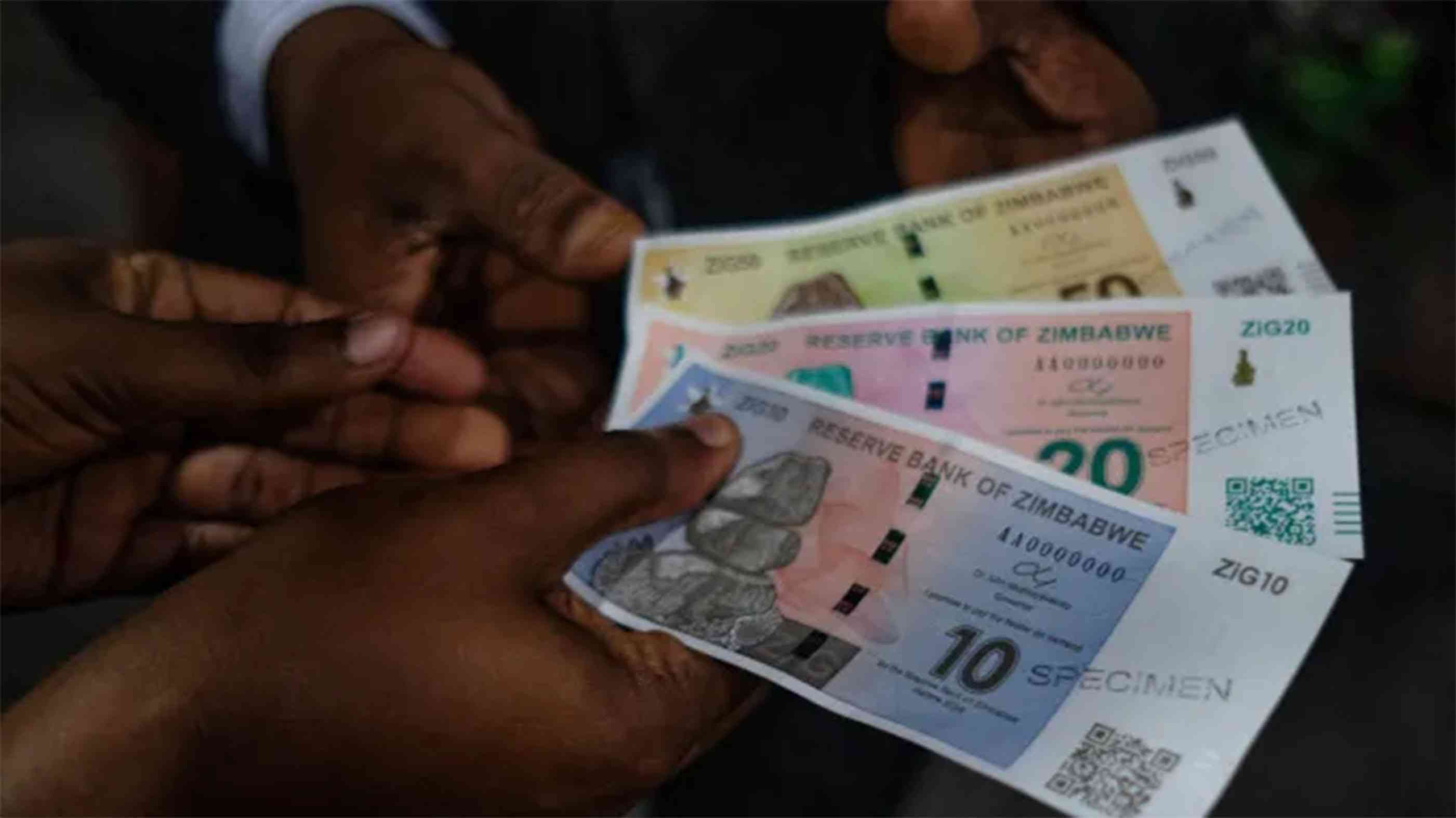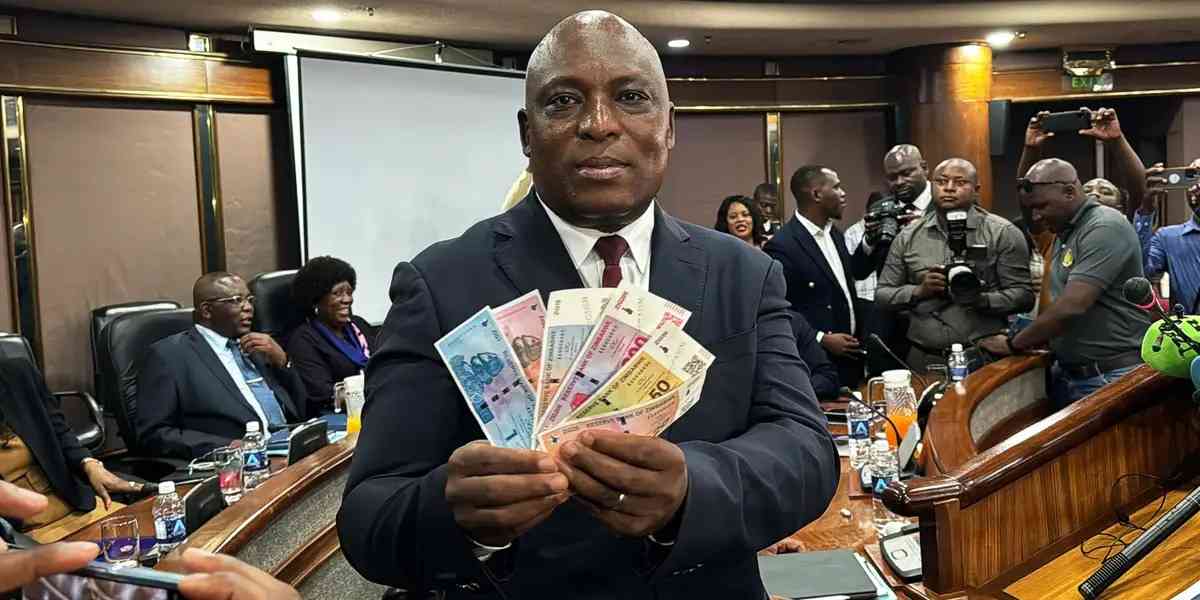
THE progress made in negotiations at the Tripartite Negotiating Forum (TNF) is threatening to crumble as the year begins after a standoff between government and labour over the gazetting of the agreed national minimum wage
The TNF is a social dialogue platform that brings together government, business and labour to negotiate key socioeconomic matters. It has been in existence since 1998 initially as a voluntary and unlegislated chamber in which socioeconomic matters were discussed and negotiated by the partners.
The TNF, which was legislated in June 2019 amid pomp and fanfare, was finally gaining traction after hitting turbulence characterised by disputes, finger –pointing and walkouts.
This was evidenced by the three social partners finally finding common ground last year and agreeing to a threshold minimum wage across all sectors of US$150 in either hard currency or the equivalent in local currency at the interbank rate. This breakthrough came after a long impasse between government and labour on the one hand and business on the other.
However Zimbabwe Congress of Trade Unions (ZCTU) has threatened to boycott the Tripartite Negotiating Forum (TNF) meetings this year, saying the body has failed to represent the interests of workers. The workers’ representative body has been irked by the government’s unwillingness to gazette the agreed minimum wage.
“Government has failed the Tripartite Negotiating Forum. The platform has not delivered to expectation and it is, therefore, our view that the TNF Act needs to be revisited for its decisions to be binding, not this arrangement where its decisions are subject to approval by Cabinet. We have already made it clear that come 2023, labour shall boycott TNF meetings if the other social partners continue to act in bad faith for selfish ends while sacrificing workers,” ZCTU president Florence Taruvinga said in a statement. “As you are aware, collective bargaining is our trump card as unions, but these have remained mere talk shows resulting in nothing. Our 2022 goal was for all workers to earn US dollar-denominated salaries and wages but the obtaining laws are militating against that. Our social partners are not negotiating in good faith at all negotiating platforms.
For instance, to date, the government has not gazetted the recommended US$150 minimum wage for it to be effective. This clearly indicates a non–committal stance by the government towards alleviating the plight of workers.”
ZCTU secretary general Japhet Moyo told businessdigest on Wednesday that Ministry of Labour officials had informed them that Cabinet was not willing to have the national minimum wage of US$150 gazetted, a development he said undermines the TNF.
- ZCTU and ILO turn blind eye to pensioners’ plight
- ‘Zim situation always dynamic’
- US dollar minimum wage a compromise, starting point
- Govt proposes US$150 minimum wage
Keep Reading
“I would not be surprised if we walk the talk and fail to attend the subsequent TNF meetings. I do not think they are taking our issues seriously,” Moyo said.
He said the delay by the government to implement labour issues such as the amendment of the Labour Act, which has been on the cards for the last seven years, shows its lack of interest.
“When government has interests such as that of the Patriotic Bill, they move with supersonic speed unlike the slow pace on labour issues that affect workers,” Moyo charged.
Labour market analyst and former executive director of the Employers’ Confederation of Zimbabwe(Emcoz) John Mufukare, who was extensively involved in TNF negotiations during his time at Emcoz, baulked at the minimum wage agreement of US$150.
“The agreement to have a minimum wage of US$150, given the state of the economy, is ridiculous. There is a need for the TNF technical committee to sit down and look at the impact assessment of some of these demands. That is not being done,” he said
For now the question remains: Whither TNF?











